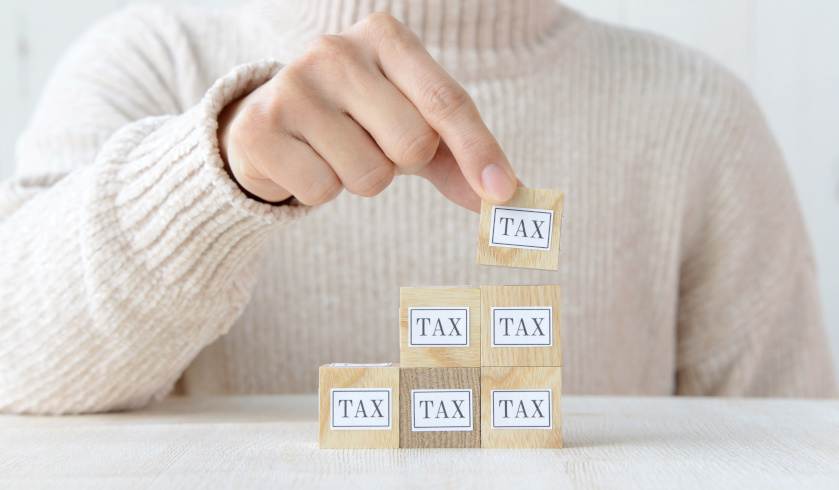What capital gains tax changes mean for your property portfolio

New economic modelling by the Centre for International Economics has found by increasing capital gains tax, states would see less funding for infrastructure, while rents would rise and economic activity would fall.
“The analysis shows that increasing CGT would generate a revenue gain for the federal government of around half a billion dollars a year which would be dwarfed by a fall in stamp duty revenue to that states of over $1 billion per year,” said Tim Reardon, principal economist at the Housing Industry Association.
“Overall, total taxes collected in the economy are likely to be significantly lower as a result of the policy change. This is driven by lower taxes collected on income, lower GST revenue and lower property taxes (stamp duty) revenue for the state governments.
“The reason revenue will decrease, is that the changes to the tax will cause a reduction in supply of new housing which is taxed and used as a form of state revenue.”
“Add to this that we have already seen a significant reduction in investor activity in the market – due to a range of state and federal government interventions in the housing market – if there is ever a good time to impose a new tax on housing, then this is not that time.
Peter Koulizos, chairman of the Property Investment Professionals of Australia, said to Smart Property Investment the number of property investors would decline as the discount for selling property when considering capital gains tax would be lessened and would be less appealing.
He also said because of the property investor fallout, there would be less rental properties available, which could therefore create a market where rents increase.
Mr Koulizos’ own economic modelling suggested the government would be losing more from cutting off capital gains tax than from removing negative gearing, especially when considering long term-property owners.
“If you hold a property for a 30-year mortgage, then the negative gearing component is much smaller than the component where they’re actually making a profit and they have to pay income tax as well as the capital gains tax when they sell it,” Mr Koulizos said to Smart Property Investment.
Malcolm Gunning, president of the Real Estate Institute of Australia, also agreed with the economic modelling and infrastructure expenditure would be reduced.
He said to Smart Property Investment that particularly Sydney and Melbourne needed that expenditure, since these states are seeing rising population figures and require the need to accommodate all these additional people.
“If you look at the revenue that’s being earned from stamp duty, and land tax in particular from both those states, that’s gone a long way to be able to underpin all that infrastructure spending,” Mr Gunning said.

